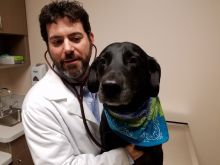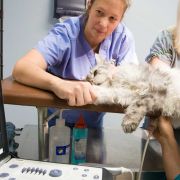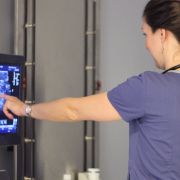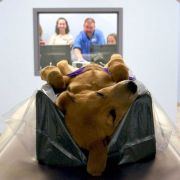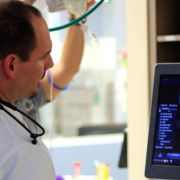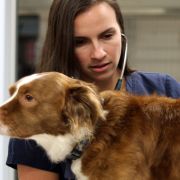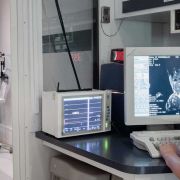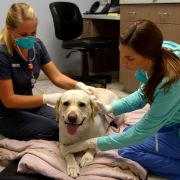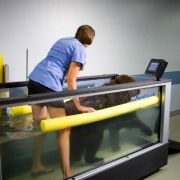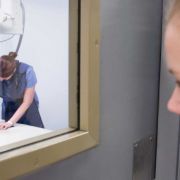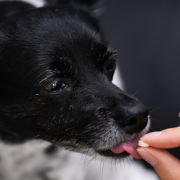-
About CVRC
 What this certification means to you
What this certification means to you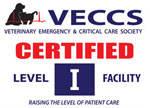 Neurology and NeurosurgeryEmergency MedicineCritical Care, Emergency MedicineClinical Veterinary PharmacyCritical CareEmergency MedicineCritical Care, Emergency MedicineEmergency MedicineNeurology & NeurosurgeryCritical CareEmergency MedicineSurgeryReferral Relationship ManagerSurgery - Physical RehabilitationEmergency MedicineCardiologyEmergency MedicineEmergency MedicineEmergency MedicineEmergency MedicineEmergency MedicineInternal MedicineOncologyMedical Director - CardiologySurgerySurgeryPhysical RehabilitationPhysical RehabilitationOncology
Neurology and NeurosurgeryEmergency MedicineCritical Care, Emergency MedicineClinical Veterinary PharmacyCritical CareEmergency MedicineCritical Care, Emergency MedicineEmergency MedicineNeurology & NeurosurgeryCritical CareEmergency MedicineSurgeryReferral Relationship ManagerSurgery - Physical RehabilitationEmergency MedicineCardiologyEmergency MedicineEmergency MedicineEmergency MedicineEmergency MedicineEmergency MedicineInternal MedicineOncologyMedical Director - CardiologySurgerySurgeryPhysical RehabilitationPhysical RehabilitationOncology -
Our Services
-
Pet Owners
- 1 of 3
- next ›
-
News & Events
Date Filed Under Apr 22, 2021 Multimodal Pain Management of Joint Disease Jul 19, 2023 Heartworm Disease Sep 07, 2022 Now Offering Shockwave Therapy Jul 22, 2021 We've Never Stopped Caring for Pets Mar 12, 2021 Quality of Life Assessment: Helping Cancer Patients Live... Nov 04, 2020 Two New Treatments Offer Hope for Pets With Cancer Oct 03, 2020 Emergency and Critical Care Services: A Life and Death... Aug 26, 2020 Trust Your Gut: Microbiome Basics for Pet Owners Jul 13, 2020 Ventilator Therapy at CVRC Apr 30, 2020 Protecting Pets from Snake Bites -
Contact Us Charleston Veterinary Referral Center3484 Shelby Ray CtCharleston, SC 29414Phone: 843-614-8387Fax Number: 843-614-8722
Fax: 843.614.8722
- For Emergencies
- COVID-19 Updates
- Schedule an Appointment
,
© 2024 Charleston Veterinary Referral Center | All Rights Reserved
3484 Shelby Ray Court Charleston, SC 29414
3484 Shelby Ray Court Charleston, SC 29414





